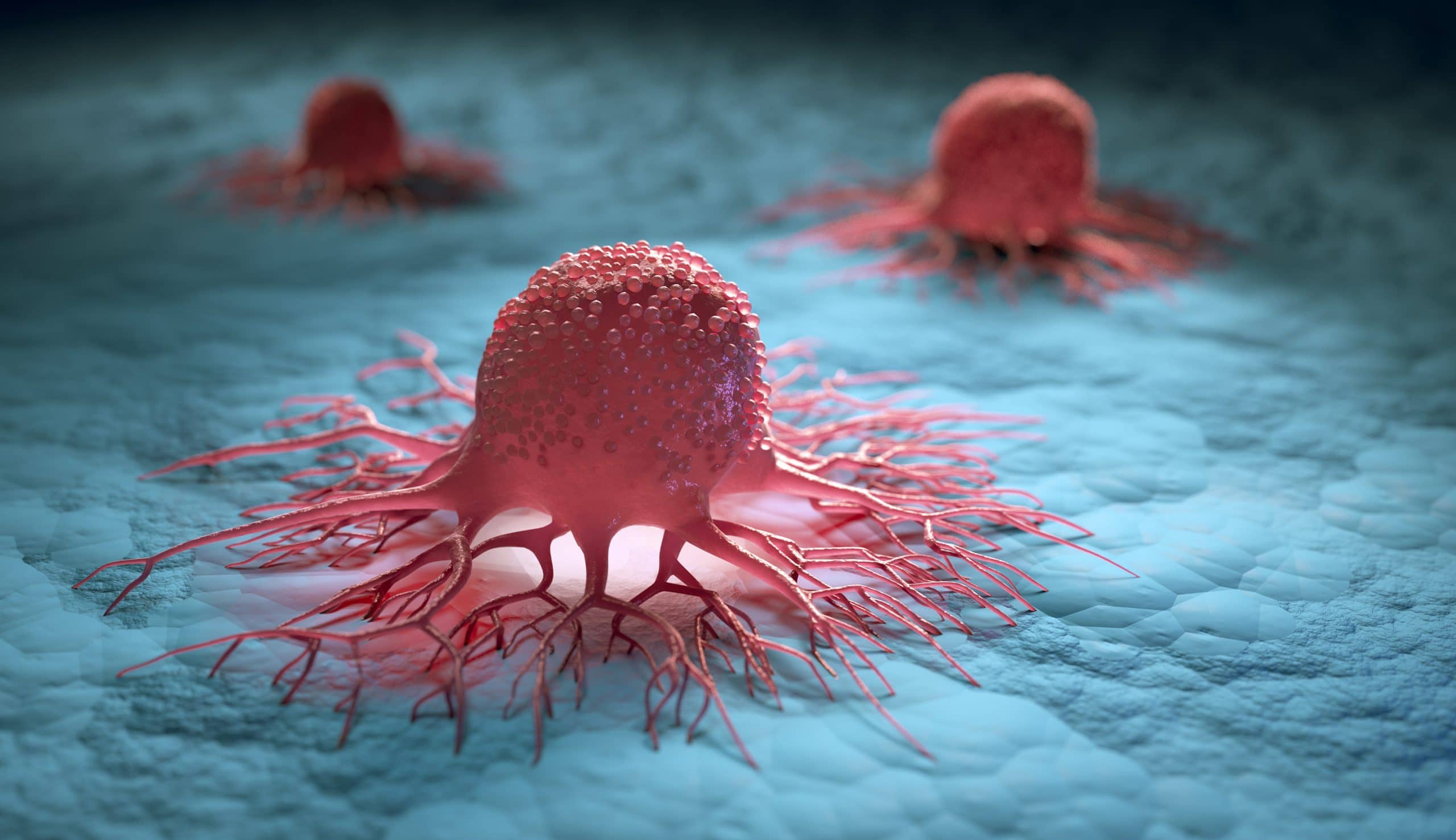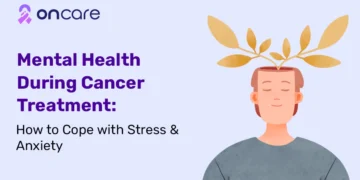One of the most common fears for people who have had cancer is that it may come back. When cancer comes back, it is called a recurrence. Cancer can recur in the same place or in a completely different area of your body. No one likes to think about the possibility of having cancer again, but it is important to learn about recurrence so that you can move on with your life despite the uncertainty.
Why does cancer come back?
Cancer can come back if some cancer cells remain after treatment. This does not mean that your healthcare team did something wrong. Sometimes these cancer cells cannot be found with tests. But over time, they grow to be large enough to be detected. Cancer sometimes grows in the same area, but it can also spread to other parts of your body.
There are three types of recurrence:
- Local recurrence. This happens when cancer occurs again in the same place.
- Regional recurrence. This means that cancer has grown in the tissues or lymph nodes around the original area of cancer.
- Distant recurrence. This happens when cancer has spread to an area far from the original location of cancer. When this happens, healthcare providers say that cancer has metastasized.
Understand your risk
The risk of a cancer recurrence is different for each person. Your individual risks depend on many factors:
- The type of cancer you had
- The stage your cancer was in (if any and where it had spread when you were first treated)
- The grade of your cancer (how abnormal the tumour cells and tissue appear under the microscope)
- Your treatment
- The period of time that has passed since your treatment. In general, your risks decrease the longer it has been since you were last treated.
To learn more about your own risk, talk to your provider. They can probably give you an idea of your personal recurrence and any signs you need to watch out for.

What can you do
While there is nothing you can do to be sure that your cancer will not return, there are some steps you can take to try to stay as positive and healthy as possible:
- Don’t miss appointments with your provider. Your provider will want to see you regularly after cancer treatment is finished. During some of these visits, your provider will test for cancer. If your cancer does come back, regular visits can help ensure that it is found early, when it is easier to treat.
- DO NOT drop your health insurance. After you have had cancer, you will need to follow it up for many years. And if your cancer does come back, you want to be sure you are covered.
- Eat a healthy diet. There is no proof that eating healthy foods will prevent your cancer from coming back, but it can improve your overall health. And there is some evidence that eating a diet rich in fruits and vegetables and low in saturated fat can help reduce the risk of recurrence of some types of cancer.
- Get regular exercise. Exercise can help improve your overall health, improve your mood, and help you maintain a healthy weight. Some studies show that being overweight can increase the risk of breast cancer recurrence.
- Try not to let your fears take over. Focus on being as healthy as possible. Get back to your daily routine. Having a schedule can help you feel more in control. Focus on the little things that make you happy, whether it’s dining with a friend, playing with your grandchildren, or walking your dog.
What happens if your cancer comes back?
If you are diagnosed with cancer again, it is normal to feel anger, shock, fear, or denial. Facing cancer again is not easy. But you have done it before so you have experience fighting cancer.
Here are some of the steps you can take:
- Learn all you can about diagnosis and treatment options. Taking charge of your health care can make you feel more in control.
- Manage your stress. Cancer can make you feel stressed and anxious. Take the time to do the things you enjoy. And learn a relaxation technique.
- Talk about your feelings with friends and family. Consider joining a cancer patient support group or seeing a counsellor. Talking can help you cope with the stress of fighting cancer again.
- Set goals. Goals, both small and long-term, can give you expectations. This can be as simple as finishing a good book, watching a play with friends, or visiting a place you’ve always wanted to go.
- Try to stay hopeful. Treatments are constantly improving. Today, many types of cancer are managed as a chronic disease.
- Consider participating in a clinical trial. Doing so can give you access to new treatments. You can also help others learn about your cancer. Talk to your provider to see if there is one that is right for you.


 Home
Home









